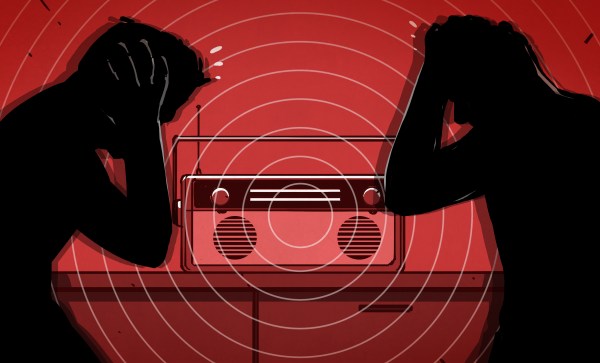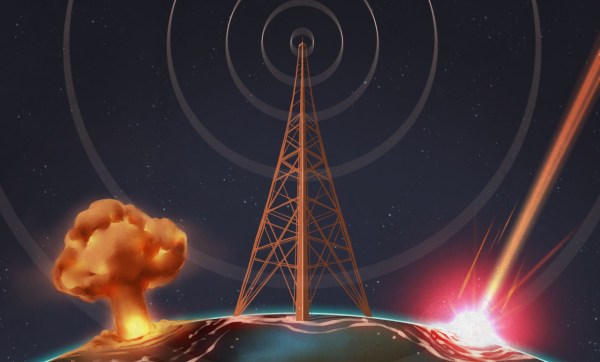In the global game of nuclear brinksmanship, secrets are the coin of the realm. This was especially true during the Cold War, when each side fielded armies of spies to ferret out what the other guy was up to, what their capabilities were, and how they planned to put them into action should the time come. Vast amounts of blood and treasure were expended, and as distasteful as the whole thing may be, at least it kept armageddon at bay.
But secrets sometimes work at cross-purposes to one’s goals, especially when one of those goals is deterrence. The whole idea behind mutually assured destruction, or MAD, was the certain knowledge that swift retaliation would follow any attempt at a nuclear first strike. That meant each side had to have confidence in the deadliness of the other’s capabilities, not only in terms of their warheads and their delivery platforms, but also in the systems that controlled and directed their use. One tiny gap in the systems used to transmit launch orders could spell the difference between atomic annihilation and at least the semblance of peace.
During the height of the Cold War, the aptly named Survivable Low-Frequency Communication System was a key part of the United States’ nuclear deterrence. Along with GWEN, HFGCS, and ERCS, SLFCS was part of the alphabet soup of radio systems designed to make sure the bombs got dropped, one way or another.
Continue reading “Radio Apocalypse: Survivable Low-Frequency Communication System”












